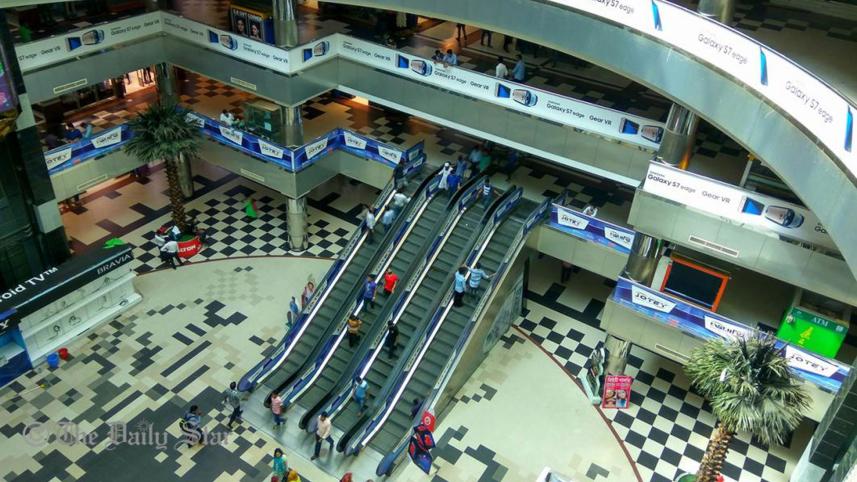Reopening plan may be disastrous if not handled right

As economic pain from the coronavirus lockdown increasingly bites the country, the government has decided to reopen the economy partially. Starting May 10, shopping malls, all types of shops and other businesses will be allowed to function from 10:00 am to 4:00 pm every day. The directives came hours after the government extended the ongoing general "holiday" from May 7 to May 16. This is the first step in unwinding the countrywide lockdown initiatives introduced on March 26. The economic argument of the decision is hard to ignore: we are in the midst of what the IMF has described as the "Great Lockdown" that could create the worst global recession in nearly a century. For Bangladesh, this has had a debilitating effect so far: over a crore people have arguably lost their income opportunities. A vast number of individuals and families are facing risks of starvation or worse. So, some sort of a plan to phase into a reopening was expected.
But from a medical point of view, if not followed with supportive measures, the reopening plan may spell disaster for us. Experts say the health cost of a reopening could be huge, especially at a time when Bangladesh is about to enter the peak period of the coronavirus infection. The number of confirmed cases in the country has already crossed 10,000. The numbers of deaths and new infections are rising by leaps and bounds, and we have already seen that after reopening of some factories, some workers tested Covid-19 positive. What will happen if large numbers of people across the country come out on the streets and visit potential hubs of the outbreak, such as shopping centres, or join work at factories? Caution must be taken before we jump the gun to ease the lockdown. Unfortunately, the government's decision seems broad-based as instead of reopening the economy bit by bit, city by city, and business by business, it allows all establishments to reopen. Also, it doesn't provide any solution to cushion the fallout of a reopening such as mass gatherings, neither does it address concerns about the gross violations of social distancing regulations that we are already witnessing.
If the economy must reopen, a sensible decision will be to take supportive measures such as enforcing specific guidelines for each kind of business—and criminalising violations by business/factory owners—as well as having special directives for at-risk zones. More importantly, given the spike in new cases it is likely to cause, the government should ramp up testing and isolation measures. Countries that have gone for easing lockdowns so far, did so only after a significant drop in coronavirus cases. The opposite happened in our case. We must remain extremely vigilant.



 For all latest news, follow The Daily Star's Google News channel.
For all latest news, follow The Daily Star's Google News channel.
Comments